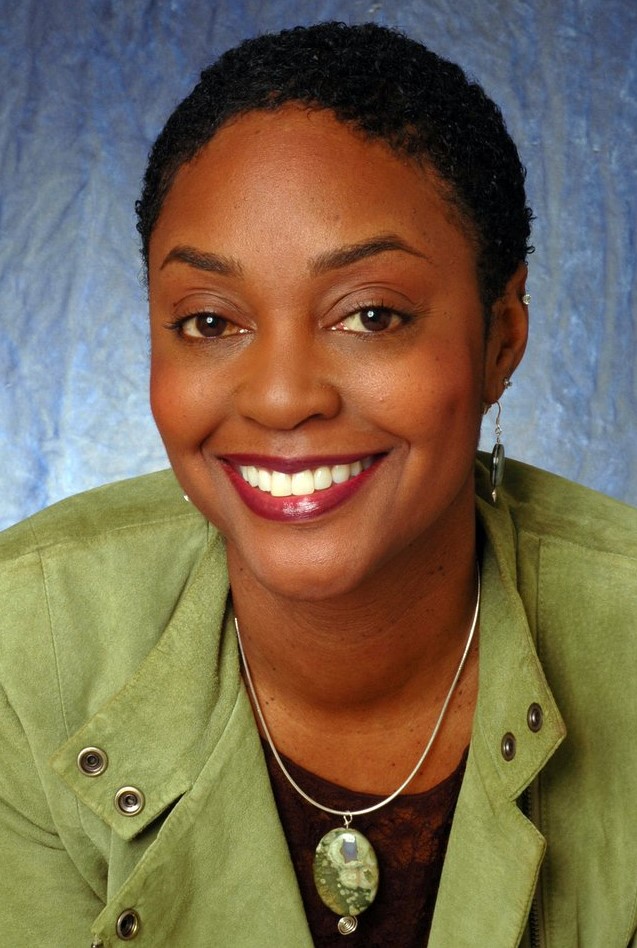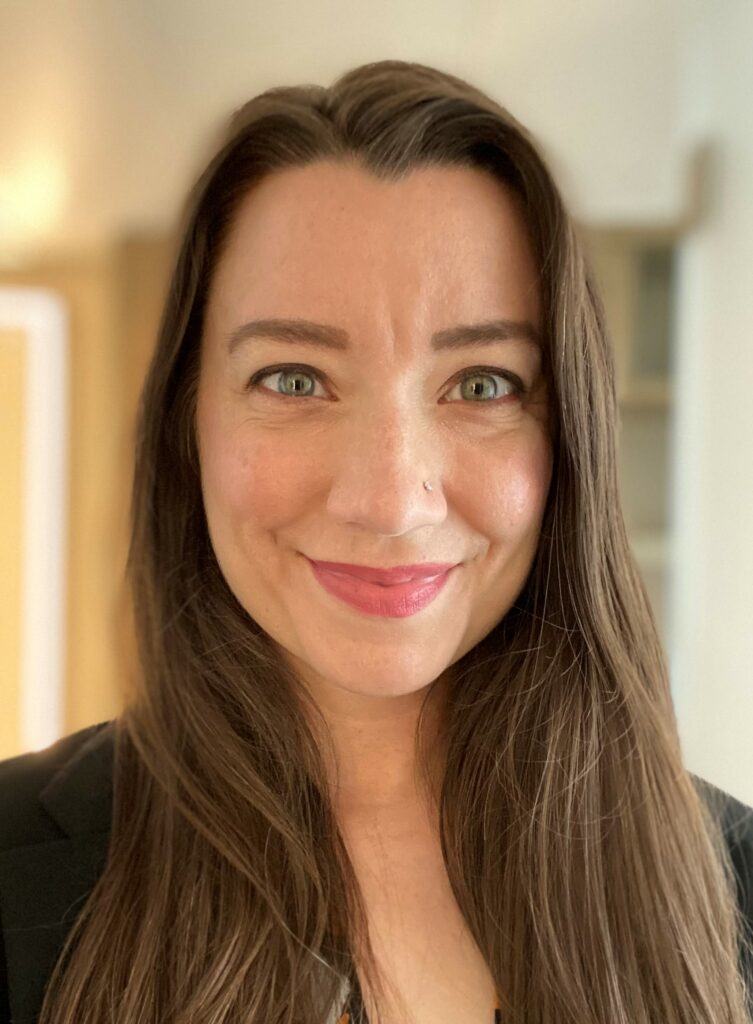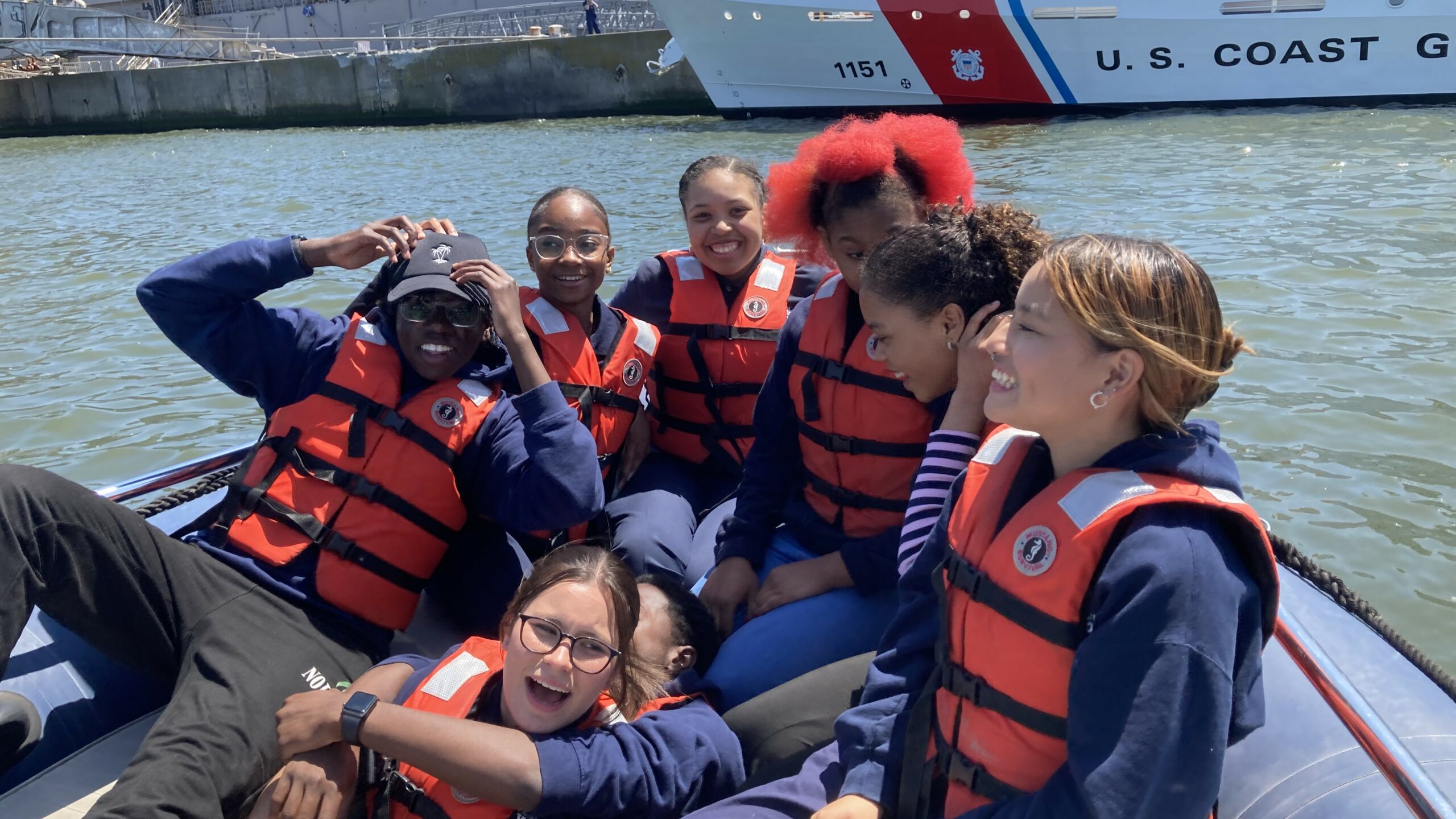The nonprofit Jobs for the Future (JFF) has acquired a second chance program from Dave’s Killer Bread Foundation (DKBF) to guide employers on fair chance hiring, making jobs available nationwide to more people who have conviction histories.
“We really want to build on JFF’S 40-year history of changing economic mobility opportunities for people who are facing barriers,” says Lucretia Murphy, JFF vice president and the director of the Center for Justice and Economic Advancement (CJEA).

CJEA – which launched in January of this year – wants to ensure “opportunity structure” for people with conviction histories, explains Murphy. “We really were intentional about thinking through who and how to change the hearts and minds of employers and help create really, really deep equitable practices. Not, ‘Let’s just hire a few people here and there,’ but change the employer’s practices to be really equitable and focused on opportunity.”
Murphy continues, “Also to think about how employers can be leveraged across all the change elements, right? How they can invest in talent development opportunities. How they can be a part of policy and advocacy.”
‘So many things that work…’
“We shouldn’t be recreating wheels that already exist. We should be connecting the dots and be the connective tissue of this field because there are so many things that work,” says Genevieve Martin, senior director of employer initiatives, CJEA – who is transitioning from her role as the founding executive director of DKBF.
Martin explains, “JFF and the Center for Justice and Economic Advancement represent so much of a powerhouse of a force to be reckoned with – when we think about the reach, the scale, the capacity, the infrastructure.”

She continues, “DKBF, the way we were built and designed, we were always small. We were never going to meet what I would call the ‘mission moment’ which is the employers that need support that we offer to hire the best person for the job.”
DKBF was created in 2015 to help other companies adopt second chance hiring practices. Martin, who had joined Dave’s Killer Bread in 2010, says, “We fielded questions all the time about how we hired people that had been formally incarcerated or had felony convictions.”
She explains, “That was a point when we realized we really have a duty to do more than just reap the benefits of this ourselves. We need to be there for the rest of the employers that also need talent and should be tapping into this part of the workforce. Over 30% of the workforce has a record of some kind.”
Second Chance Corporate Cohort
Last year, DKBF launched the Second Chance Corporate Cohort, an eight-week program that guides talent and HR leaders in the creation and implementation plans for fair chance employment.

Murphy says she and a JFF colleague participated in the training. She notes JFF does not do background checks on its employees but says there were still significant takeaways from the program. “We didn’t have anything on our job descriptions that said, ‘People with records are strongly encouraged to apply.’ We didn’t have stated commitments about hiring people with records.”
“If we think it’s important, we should tell people. It wasn’t that we were hiding it, but there’s something about omission. That doesn’t advance the cause,” says Murphy.
Martin says 34 companies have gone through the Second Chance Corporate Cohort training – with three more set to participate in the new year. The companies have represented various industries including restaurant and hospitality, manufacturing, construction, and increasingly, tech and alternative energy, according to Martin.
With JFF’s acquisition of DKBF, the number of cohort participants is expected to significantly increase.
Get the Whole Story
In 2019, John Buckley, outreach programs lead for Koch Industries, was tasked with creating second chance opportunities in the U.S. market. “We actually drafted, created, and then presented the strategy in our approach to the very senior leaders of Koch Industries,” explains Buckley.

“We had it in place for about half a year before I actually attended the [Second Chance Corporate Cohort] training. Our approach was, ‘Let’s at least use the training to confirm or deny what we have in our strategy or improve what we were doing.’ That’s exactly what it helped us do. It really helped us reaffirm the approach that we were taking, but it also helped us improve in certain areas,” says Buckley.
He notes it’s important to get the job applicant’s full story. “What is the situation of a particular job seeker? What comes out in the background information is not necessarily the whole story,” emphasizes Buckley.
He continues, “Make sure that you have conversations with these individuals as you review their backgrounds. If it’s something that may appear questionable on paper, that’s not where we need to stop. We need to have a conversation to really get a more holistic view of the mistakes that were made, the rehabilitation that was made, and the character of the individual.”
Being Mindful of Barriers in the Application Process
“Our whole selection process relies heavily on electronic communications,” notes Buckley. “We have some methods where we send out an invitation so that you can do a video-assisted interview. But if you’re sending it to somebody who doesn’t have access to the internet that really creates an overwhelming barrier for them to get into the workforce. What are the things we can do to create a level playing field?”
Buckley says internally there are hurdles within HR to hiring people with records. “I will tell you that it’s a daily challenge. It is something that we need to communicate every single day.”
“Every situation is different. We have our own personnel turnover – whether they get promoted, or moved to a different responsibility, or a new hire themselves,” he says.
To put Koch’s second chance hiring in perspective, Buckley says in the first nine months of 2022, the company ran 23,000 background checks. “Out of that, 8,600 of them came back with negative information. So that’s roughly 37% – that’s about the national average for adults who are justice-involved.”
Buckley says of those with negative information, 200 job offers were rescinded. Among the hires, 2,700 had felony records and 5,300 had misdemeanors.
Regarding specific job openings, Buckley says, “We tend to focus in two major areas –operations and manufacturing, and then skilled trades, technical roles.”
But he adds, “However, we have hired all sorts of talent – accounting folks, program managers, engineers, supply chain professionals. We have hired into practically every career field that we possess.”
‘Truly a benefit to the community…’
Buckley points out the cohort training has been invaluable to his work. “The individuals who interact with us in the cohort class have become lifetime friends. We’re in constant communication.”
“The passion that they presented on a daily basis is infectious,” he continues. “I really took it to heart. I read it. I said it. But I don’t think I really lived it until after I went through the training. It’s not just a benefit to the company because you get a reliable, loyal employee. It’s not just beneficial to the employee and their family because they get a sustainable wage. It is truly a benefit to the community.”
Looking Forward
Martin says she’s excited to see the progress of second chance hiring over the next decade. “I think we have more employers who are interested for the right reasons, who just really desperately want do it correctly amongst all the many responsibilities that they have. I do think that this will look a lot different 10 years from now.”
Murphy adds with Pell Grants becoming available next summer to people who are incarcerated, “We want to make sure that’s equitable so that people who have long sentences also have the access that they need for postsecondary work. As we’re pushing out on overall postsecondary success, we have to ensure that it’s open to people’s records.”
“If you’re pushing out on the talent pipeline, you’re also pushing out on the employer pipeline. You’re changing policies. When the ecosystem moves, I think we could move faster, too.,” says Murphy.











